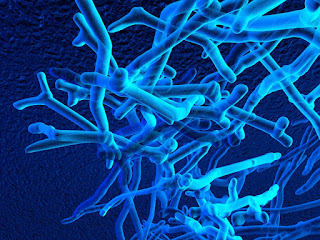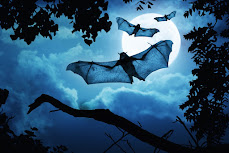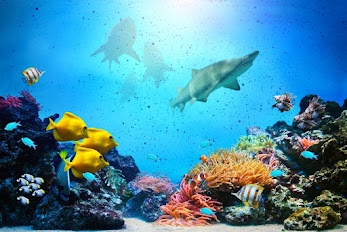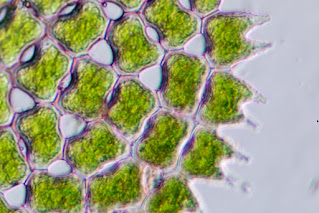BENEFICIAL INSECTS & NEMATODES- Here at ARBICO beneficial insects are a big part of our daily lives, so I can’t help but mention them first as something to be thankful for. We are all about good bugs that kill bad bugs. We have bugs that fly around hunting others, bugs that crawl around to hunt, and others that burrow through the soil while hunting. Some like specific prey, and some eat just about everything they come across. What all these beneficials have in common is that they feed on things that feed on our food. In other words, they keep gardens free from predators, so they can grow lushly and produce prolifically. If you are not familiar with all that we have, this page will get you started on learning more.
BATS – There’s nothing scary about bats; they are gentle mammals that are great to have around.. On any “World’s Most Dangerous Animals” list, you’ll find mosquitoes listed as the most dangerous (those that don’t include humans, that is). They kill roughly 725,000 people a year from the various diseases they carry, so any animal that can put a dent in that number should be thanked. An individual bat can eat 1-2,000 mosquitoes an hour, so just imagine how many a large colony can take care of! Experts say that birds eat more mosquitoes than bats, but those bats that are not insect-eaters are pollinators. So, bats are either eating a deadly insect, or pollinating our plants – a two-fold reason for appreciating bats. One more thing: their guano is excellent fertilizer. BEAVERS – Most of you reading this have probably never see a beaver in the wild, but you should be thankful for them nonetheless. These North American mammals are tireless stewards of our waterways and their busy aquatic lifestyle keeps wetlands wet, groundwater levels up, and provides essential firebreaks that protect forests. Even if you don’t have beavers where you live, all life benefits when waterways are working as they should. Any creature that protects such a crucial resource as water get my thanks. This article tells how scientists in California are working with beavers to combat devastating drought and fire caused by climate change that state.SHARKS - I realize that this creature provokes a visceral response in many people, but it really does play an important part in keeping our oceans in balance. And we all know that a healthy ocean is key to life on Earth. Sharks preserve the balance in the sea by being an apex predator, but they also keep coral reefs healthy. They do this by eating the fish that eat the herbivores that graze on algae. When there is too much algae, the coral (and other species) will die off (for more on why reefs are important, watch this video). On the other hand, the appetite of sharks also prevents the overgrazing of seagrass (which store carbon and help prevent erosion). They do this by eating herbivore fish, so they are really working both sides of the equation. For more on the what the wondrous shark can do, here is an excellent short article. Thanks, you big toothy environmental warrior!
PHYTOPLANKTON – These microorganisms are even more important to life on Earth than soil microorganisms. These microscopic marine algae are a key component in both marine and freshwater ecosystems, but their impact goes beyond the water. As the foundation of the aquatic food chain, without this tiny creature whales, seals, sea birds and even humans would go hungry. But probably the most important role that phytoplankton play is in producing oxygen – up to 2/3 of the world’s atmospheric oxygen. We are all aware that trees produce oxygen, but it is these hardworking microorganisms that produces the most for us by far. This, simply put, is why we need clean oceans. So that they can continue to thrive and survive. Although they may be hard for some people to appreciate because they cannot be seen, let’s just consider them magic. A vital environmental magic.

Take Care Submitted by Pam













No comments:
Post a Comment